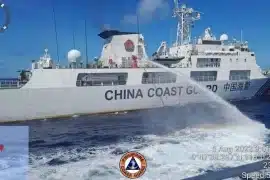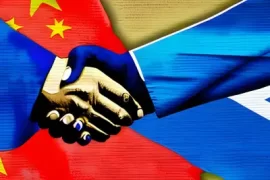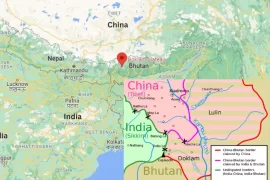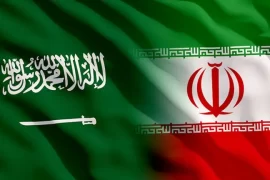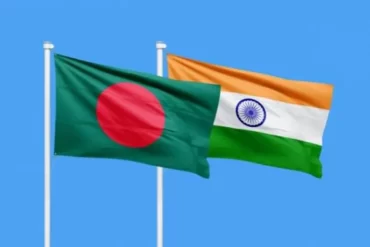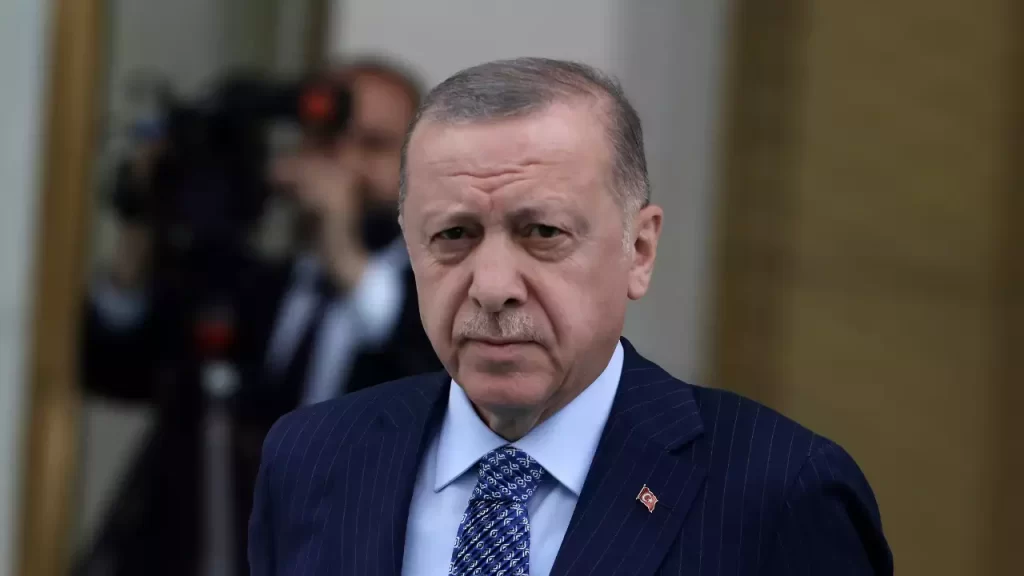
There is no doubt that the most important election in 2023 is the Turkish election which will be held on June 18. Most Western leaders will be glad to see the back of Erdogan. But why the West doesn’t want Erdogan?
Generally speaking, Erdogan has been criticized for increasing authoritarianism in Turkey, including limiting press freedom, cracking down on political opponents, and consolidating power within his own party. This has led to concerns among some Europeans that Erdogan is not committed to democratic values.
But there are more specific reasons that have contributed to the widespread negative sentiment towards Erdogan in the West, particularly as the West is working to present a united front against Russia in response to its invasion in Ukraine. Some of these include:
Ties with Russia
Turkey’s growing economic and trade ties with Russia, strengthened by Erdogan and Putin’s friendly relationship, have sparked frustration in the West who wants to form a united international front to convince Russia to alter its stance on Ukraine.
Earlier, in 2017, Turkey and Russia signed an agreement for the delivery of the S-400 air defense system, worth $2.5 billion. This caused a major political storm in the United States and within NATO.
The U.S. government has repeatedly urged Turkey to abandon the use of these Russian-made surface-to-air missile batteries.
As a result, in July 2019, Turkey was removed from the F-35 program, with the U.S. stating that the F-35 could not coexist with a Russian intelligence collection platform that would be used to learn about its advanced capabilities. Furthermore, on December 14, 2020, the U.S. imposed CAATSA sanctions on Turkey.
Ankara has argued that it was forced to acquire the S-400s due to the lack of satisfactory terms offered by its allies for alternative weapons systems.
In an interview with Bloomberg, Turkish Defense Minister Hulusi Akar stated that the S-400 system would not be integrated into NATO’s command-and-control infrastructure, but instead would be used as a standalone system, similar to the Russian-made S-300 weapons that are already in use within NATO.
Blocking the membership of Sweden and Finland
President Erdogan announced on May 19, 2022, that Turkey will oppose Finland and Sweden’s bid to join NATO due to concerns about combating terrorism.
Finland and Sweden joining NATO is a significant move that would be a response to the Russian invasion of Ukraine and would make NATO a “more European” institution. However, as the expansion requires unanimous support from all 30 members, the bids remain uncertain so far.
Turkey has raised concerns with Finland and Sweden over their stances on issues related to Turkey’s national security. Turkey has issues with Finland’s arms embargo imposed after its cross-border operation in Northern Syria in 2019. With Sweden, Turkey believes Stockholm has been too lenient in its approach to the PKK and its affiliated entities, including the Syrian Democratic Forces (SDF) and the People’s Protection Units (YPG) in Syria.
Sinan Ülgen, a senior fellow at Carnegie Europe in Brussels, posits that Turkey, at its core, does not intend to impede Sweden and Finland’s accession to NATO.
While Turkey generally supports NATO’s open-door policy and sees the accession of these countries as a benefit to alliance security, it is also leveraging its position as a long-standing member of the alliance to push for these countries to address Turkey’s security concerns related to terrorism, he adds.
Hostility towards Greece
The continuous spat between Turkey and Greece has worried Western experts that if the tension escalates to the point of hostilities, Russian President Vladimir Putin can take advantage.
“Putin is able to exploit even the smallest cracks in European unity and widen them, potentially causing a split. This undermines European unity and could also affect NATO councils if countries use it as a tool to harm one another,” said Jim Townsend, the former U.S. deputy assistant secretary of defense on European and NATO policy, in an interview with the Voice of America.
In recent months, Turkey has increased its rhetoric against Greece, citing a perceived increase in military buildup on Greek Aegean islands close to Turkey’s coastline. Turkish President Recep Tayyip Erdogan has repeatedly made thinly veiled threats, saying: “We can come down suddenly one night when the time comes.”
In an interview with Bloomberg, political analyst Selim Koru has opined that Erdogan’s ambitions for Turkey’s immediate neighborhood, where Ankara is increasingly influential, is not to complement American and European influence, but to replace and counter them.
Conclusion
Turkey, due to its vital geographical location on NATO’s southern flank and its involvement in the Syrian crisis, is an important member that the West cannot afford to ignore. However, there are concerns among western leaders about the leadership of President Erdogan, and many hope for a change in leadership. The critical question remains whether Erdogan will lose the election.

